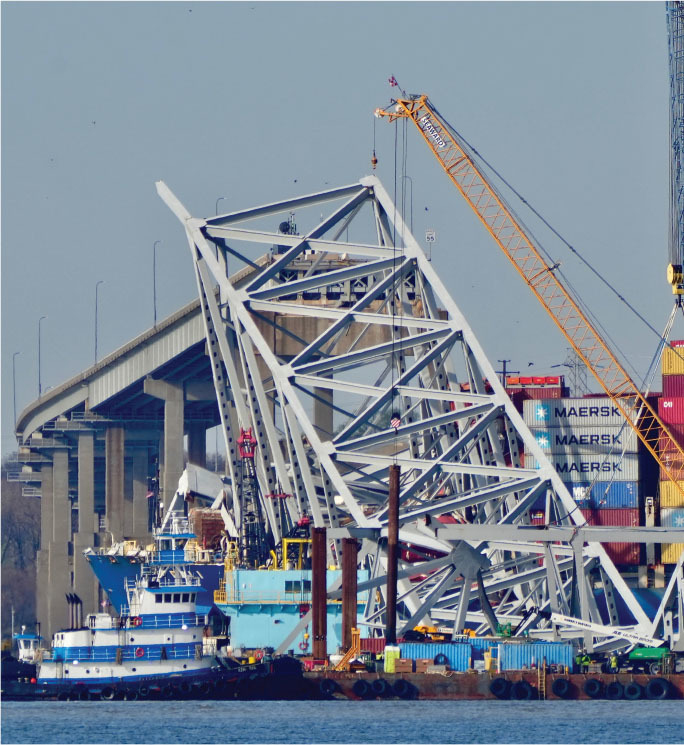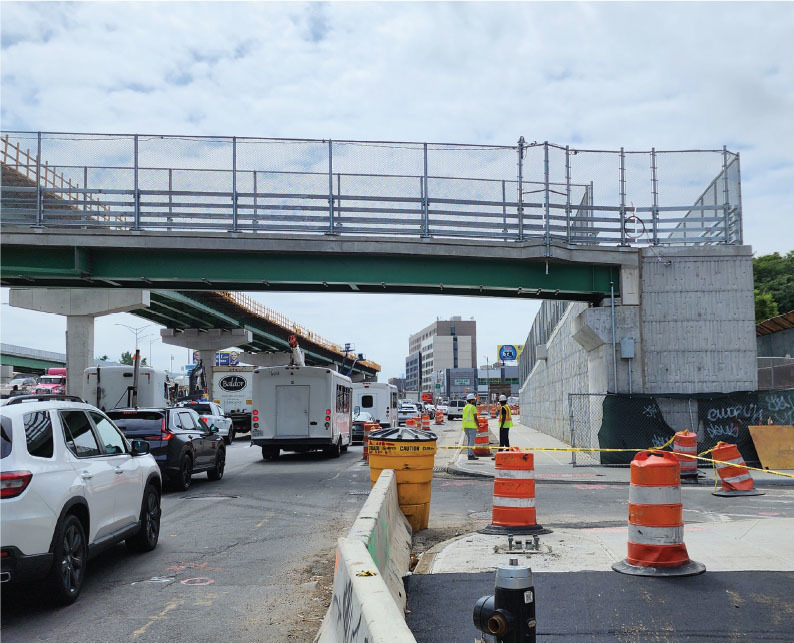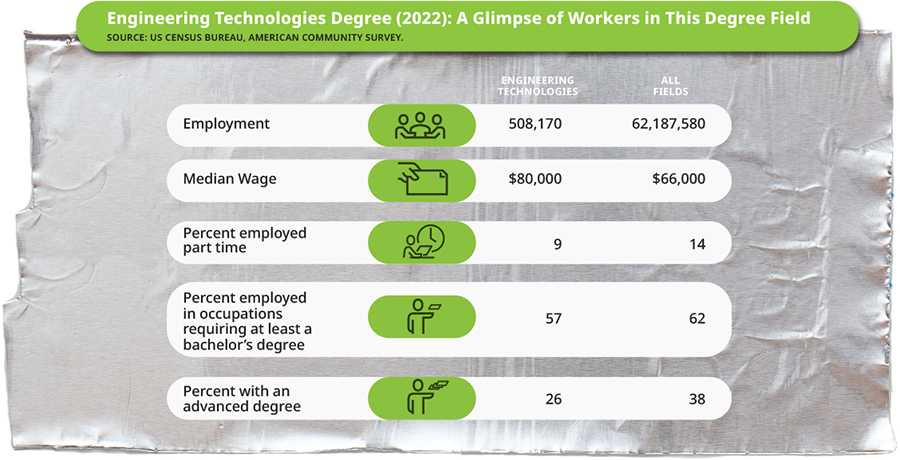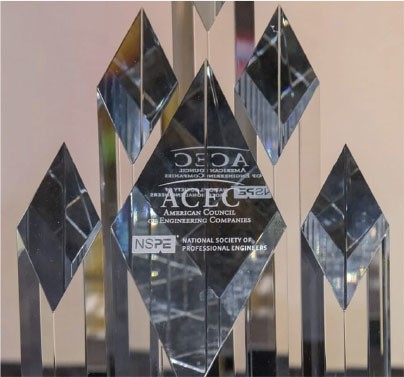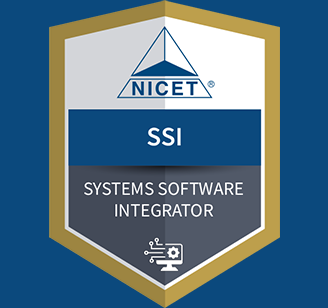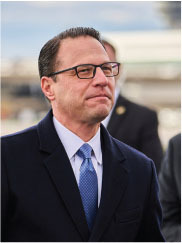October 2014
PE REPORT
Communications Engineers Seek to Protect Licensed Practice
 The Association of Communication Engineers believes there is a trend within the telecommunications industry of companies offering engineering services to municipalities without the involvement of a licensed engineer. The organization recently filed a complaint with the Colorado State Board of Licensure for Architects, Professional Engineers, and Professional Land Surveyors against a firm it believes violated state law by performing engineering work without a PE in responsible charge.
The Association of Communication Engineers believes there is a trend within the telecommunications industry of companies offering engineering services to municipalities without the involvement of a licensed engineer. The organization recently filed a complaint with the Colorado State Board of Licensure for Architects, Professional Engineers, and Professional Land Surveyors against a firm it believes violated state law by performing engineering work without a PE in responsible charge.
ACE is a membership organization of consulting engineers who provide services primarily to telecommunications companies. To be a member of the association, a company must have a licensed professional engineer on staff. The organization also promotes the NSPE Code of Ethics to members to guide them on professional conduct.
ACE contacted the Colorado licensing board in April about a firm engaged in a project providing broadband system design and consulting services for Longmont Power & Communications (City of Longmont) for violating state licensure law. The organization said that the firm responded to the city’s request for proposal for engineering services. In addition, the description of the scope of work aligns with the legal definition of the “practice of engineering,” which includes designing routes for fiber optic networks and in the design of more than 400 miles of new facilities for the city.
ACE believes it is necessary to reinforce the value PEs bring to telecommunications projects. Although broadband infrastructure typically applies the latest fiber optic technology, these projects are fundamentally heavy construction projects involving the use of heavy equipment on public rights-of-way, joint-use with electrical distribution facilities on aerial pole line, and proper application of the IEEE National Electrical Safety Code and the National Fire Protection Association’s National Electrical Code. The construction aspects of these projects are similar to streets, pipelines, and water lines.


 Volunteering at NSPE is a great opportunity to grow your professional network and connect with other leaders in the field.
Volunteering at NSPE is a great opportunity to grow your professional network and connect with other leaders in the field. The National Society of Professional Engineers (NSPE) encourages you to explore the resources to cast your vote on election day:
The National Society of Professional Engineers (NSPE) encourages you to explore the resources to cast your vote on election day:

